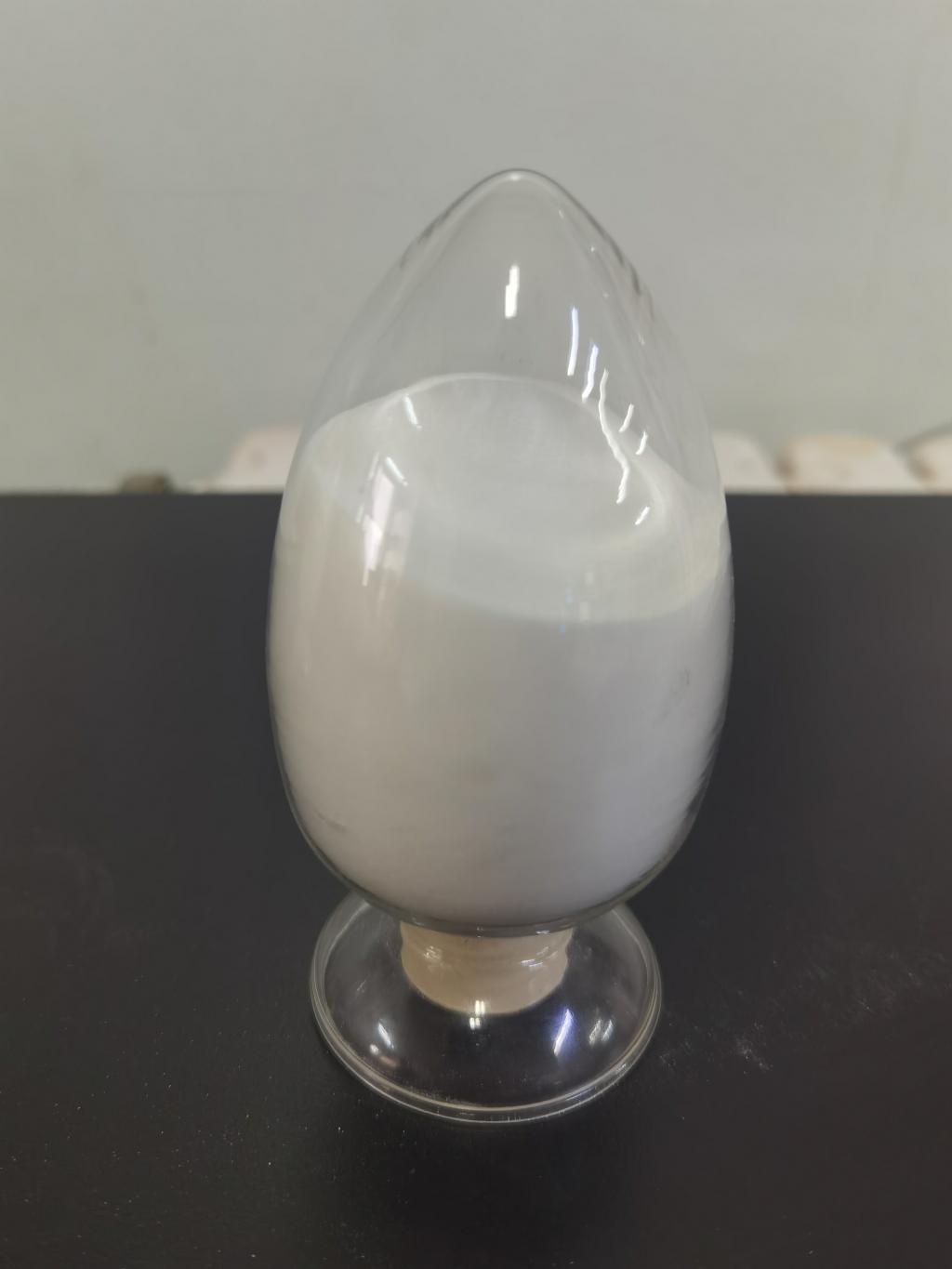Tel:+8618231198596

News
 CONTACT
CONTACT
 CONTACT
CONTACT
- Linkman:Linda Yao
- Tel: +8618231198596
- Email:linda.yao@dcpharma.cn
- Linkman:CHARLES.WANG
- Department:Overseas
- Tel: 0086 0311-85537378 0086 0311-85539701
News
Current Position:
Home >
News
>ε-Polylysine Hydrochloride's Potential for Addressing Food Fraud and Adulteration.
ε-Polylysine Hydrochloride's Potential for Addressing Food Fraud and Adulteration.
TIME:2023-10-24
Introduction:
Food fraud and adulteration represent a growing concern in the food industry, affecting both consumer trust and safety. These practices involve deceptive measures that alter or misrepresent the quality or origin of food products, leading to economic losses and public health risks. This article explores how ε-polylysine hydrochloride, a natural antimicrobial and protein, could serve as a powerful tool to combat food fraud and adulteration.
Food Fraud and Adulteration: A Growing Concern:
Food fraud is a global issue that impacts the authenticity, safety, and integrity of food products. It encompasses practices such as dilution, substitution, mislabeling, and counterfeiting, which are carried out with the intent to deceive consumers and gain economic advantage. Adulteration, on the other hand, involves introducing inferior or harmful substances into food products, posing health risks.
The consequences of food fraud and adulteration are manifold, including compromised consumer trust, economic losses for businesses, and potential public health hazards. Detection and prevention of these practices are critical for ensuring food safety and maintaining the credibility of the food industry.
The Role of ε-Polylysine Hydrochloride:
ε-Polylysine hydrochloride, a naturally occurring linear homopolymer, has attracted attention as a versatile solution for addressing food fraud and adulteration. Its properties and mechanisms make it a promising candidate in this context:
1. Natural Origin: ε-Polylysine is derived from bacterial fermentation, making it a clean-label ingredient and aligning with consumer preferences for natural and transparent food products.
2. Antimicrobial Activity: ε-Polylysine exhibits potent antimicrobial properties, inhibiting the growth of a wide range of bacteria and molds. This antimicrobial action can safeguard food products against contamination and spoilage.
3. Protein-Based: ε-Polylysine is a protein, which allows it to interact with various food components and adapt to diverse food matrices, making it suitable for a wide range of applications.
4. Mechanism of Action: ε-Polylysine functions by disrupting bacterial cell membranes, leading to cell death. This unique mechanism of action can deter potential adulteration by harmful microorganisms and, consequently, protect the authenticity of food products.
Applications in Food Authentication:
ε-Polylysine hydrochloride can be employed in various ways to enhance food authentication and prevent fraud and adulteration:
Meat and Seafood: In the meat and seafood industries, ε-polylysine can inhibit the growth of spoilage bacteria and pathogens, which is vital for preventing the adulteration of meat products with lower-quality or contaminated substitutes.
Dairy Products: In dairy products, ε-polylysine's antimicrobial activity helps maintain the integrity and quality of the products by preventing the growth of unwanted microorganisms. It safeguards against dilution or substitution with lower-quality ingredients.
Beverages: In beverages, ε-polylysine can prevent spoilage and contamination, ensuring the authenticity of the products. This is particularly relevant for fruit juices and beverages susceptible to microbial growth.
Edible Oils: Edible oils are vulnerable to adulteration with inferior or different oils. ε-Polylysine can help preserve the authenticity of these oils by inhibiting microbial growth and preventing degradation.
Herbs and Spices: ε-Polylysine can be utilized to inhibit the growth of molds and bacteria in herbs and spices, ensuring their purity and preventing adulteration with contaminants.
Regulatory Considerations:
The use of ε-polylysine hydrochloride in food products is subject to regulatory oversight in many countries. It is essential for food manufacturers to comply with regulatory standards and monitor ε-polylysine levels to ensure its safe and appropriate use.
Regulatory agencies, such as the U.S. Food and Drug Administration (FDA) and the European Food Safety Authority (EFSA), have established guidelines for ε-polylysine's use in food products, specifying acceptable levels and purity standards.
Challenges and Considerations:
While ε-polylysine hydrochloride holds substantial promise as a tool against food fraud and adulteration, there are challenges and considerations:
Optimal Usage Levels: Determining the appropriate concentration of ε-polylysine in various food products is a complex task. Industry-specific guidelines are necessary to optimize its use effectively.
Bacterial Resistance: Monitoring bacterial resistance to ε-polylysine is important to ensure its long-term efficacy as an antimicrobial agent.
Consumer Education: Educating consumers about the safety and benefits of ε-polylysine is important to build trust and acceptance of this natural ingredient.
Conclusion:
Food fraud and adulteration represent serious threats to food safety, consumer trust, and the integrity of the food industry. ε-Polylysine hydrochloride, a natural antimicrobial and protein, offers a potent and versatile solution to combat these issues. Its natural origin, antimicrobial action, and unique mechanism make it a promising tool to safeguard the authenticity and safety of various food products.
By inhibiting microbial growth and preserving the quality of food items, ε-polylysine plays a vital role in preventing the adulteration of meat, seafood, dairy products, beverages, edible oils, herbs, and spices. Regulatory compliance and industry-specific guidelines are essential for the effective and responsible use of ε-polylysine.
As the food industry grapples with the challenges of food fraud and adulteration, ε-polylysine emerges as a valuable asset in ensuring food authenticity, consumer safety, and the continued trust of consumers in the foods they consume.
- Tel:+8618231198596
- Whatsapp:18231198596
- Chat With Skype







